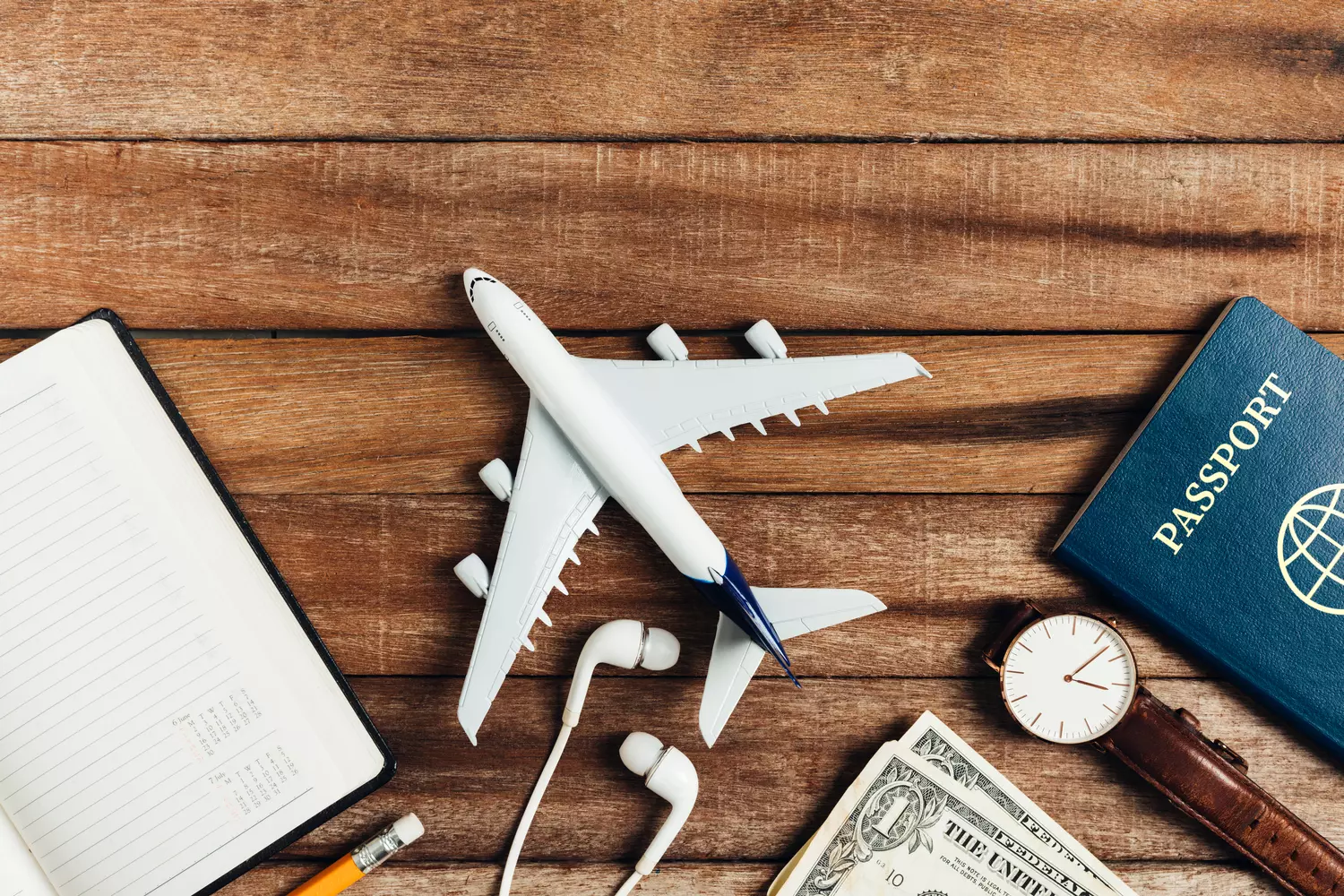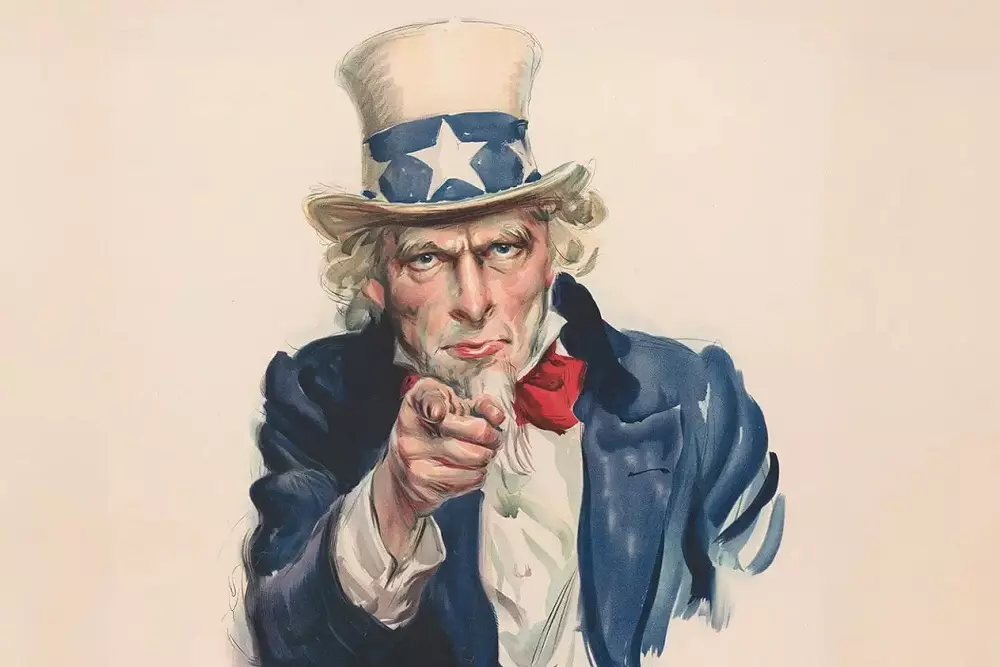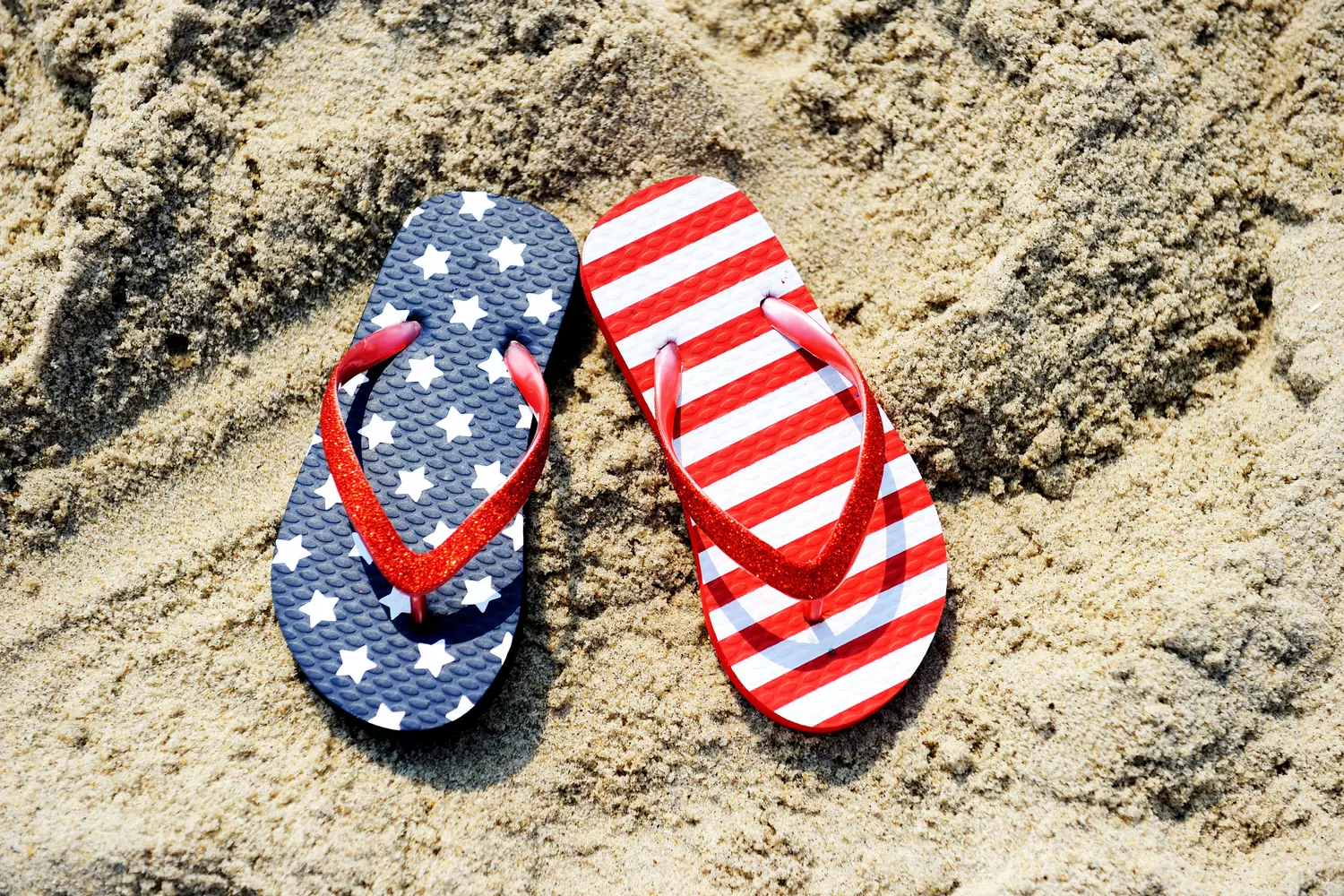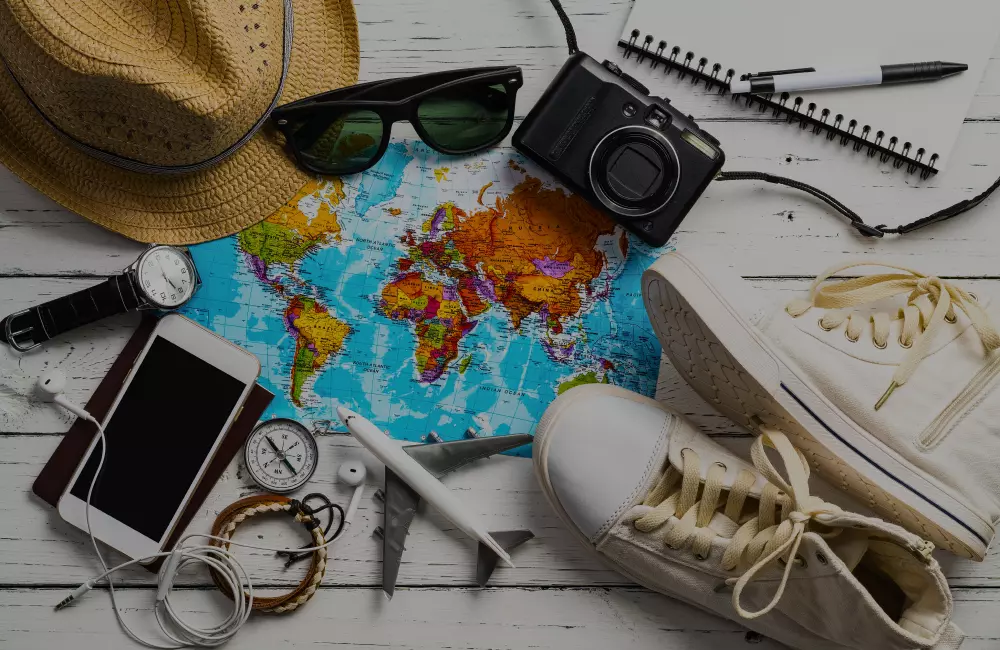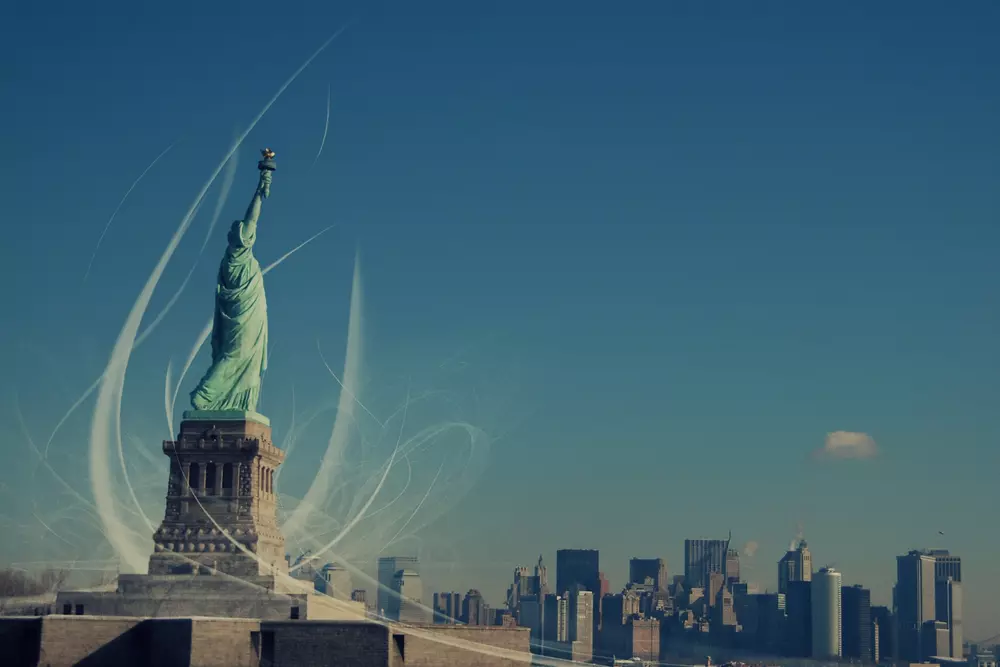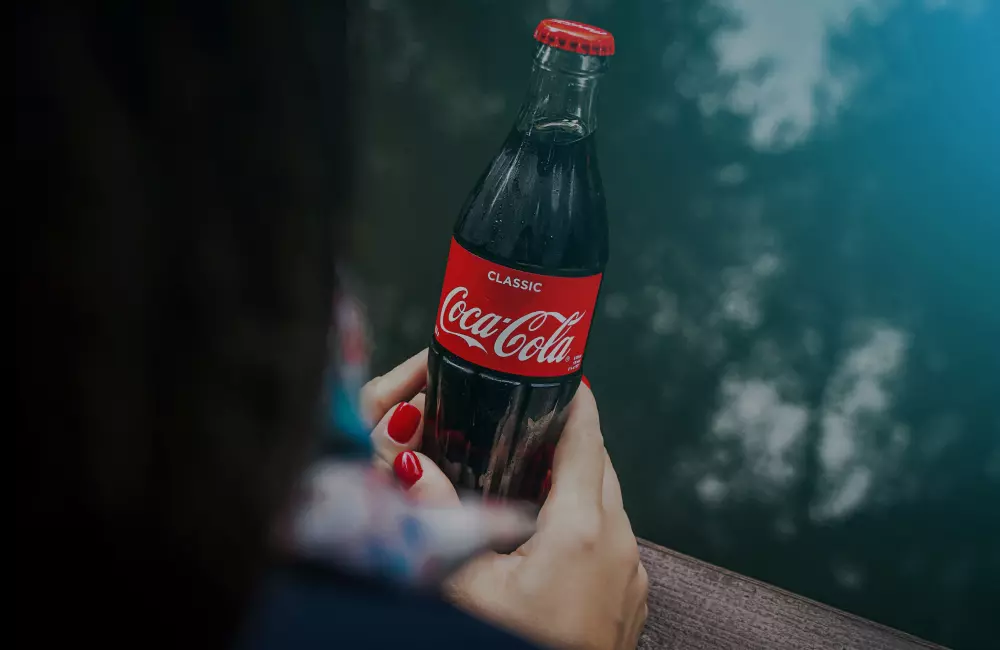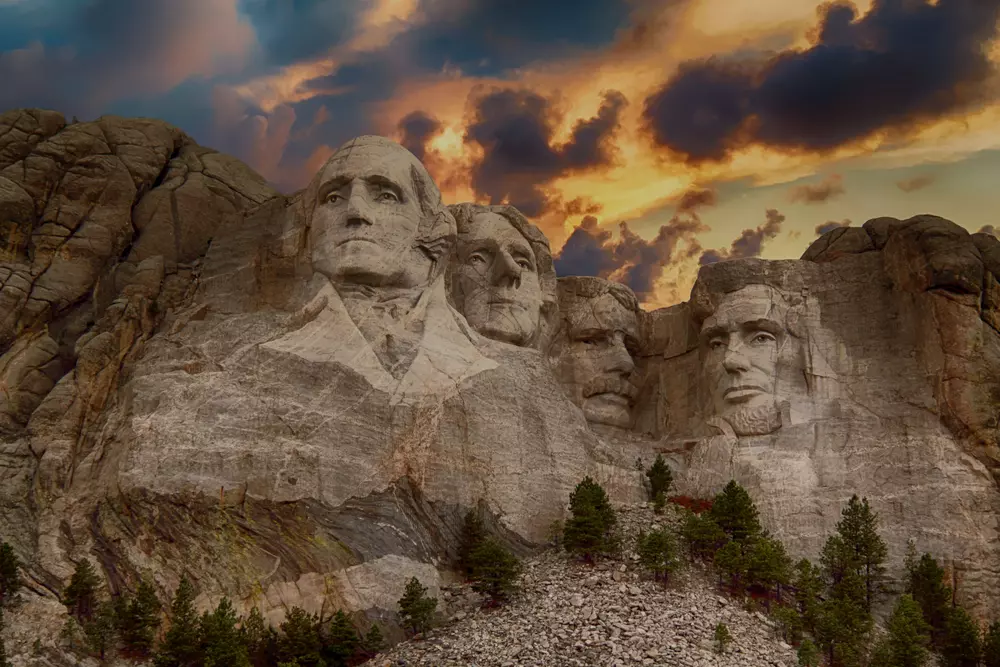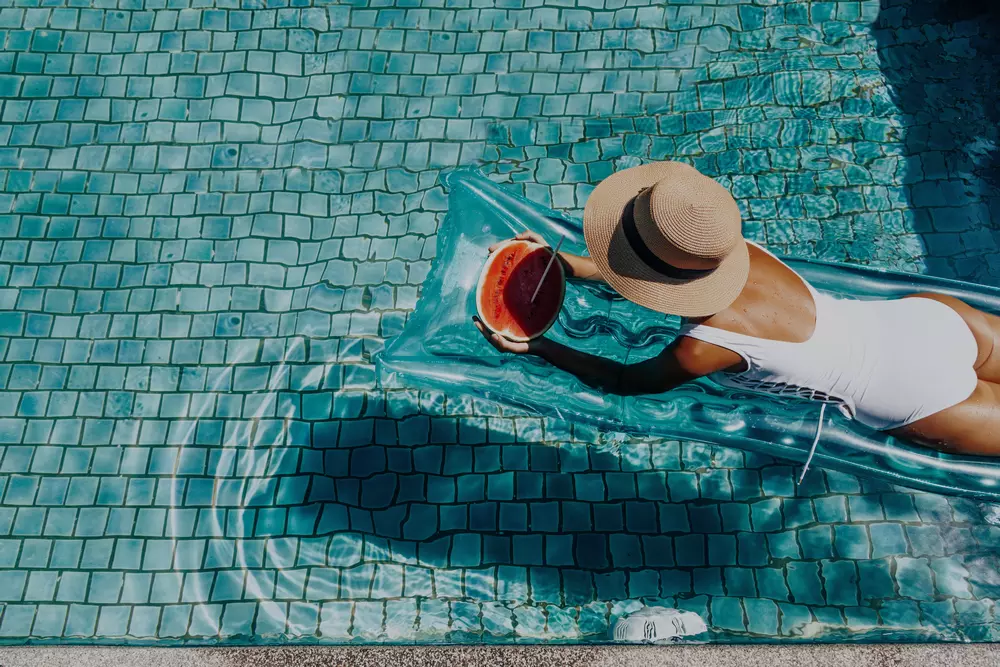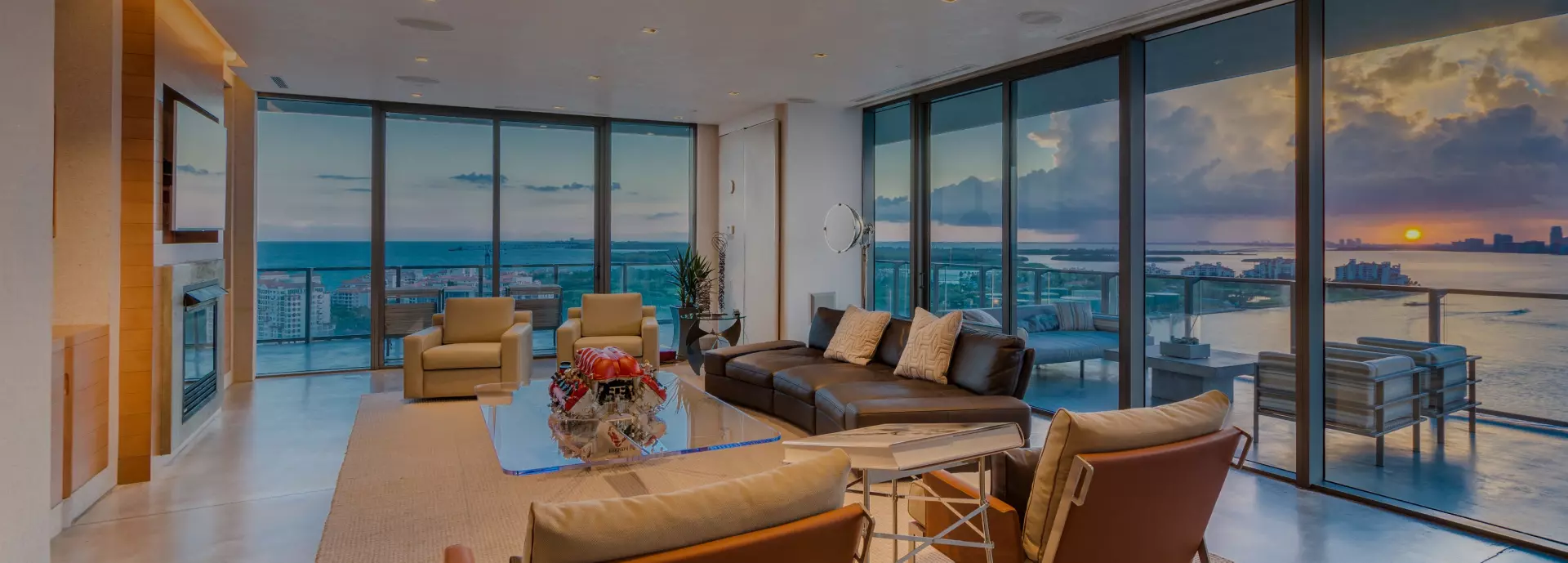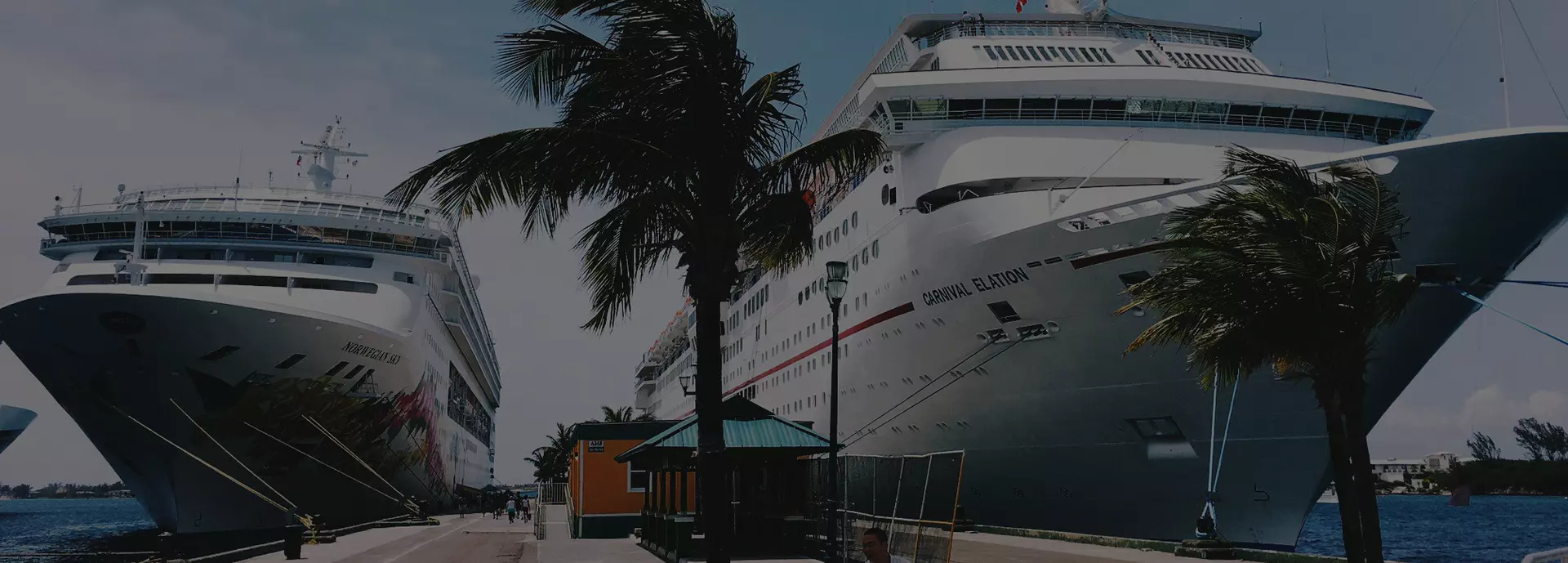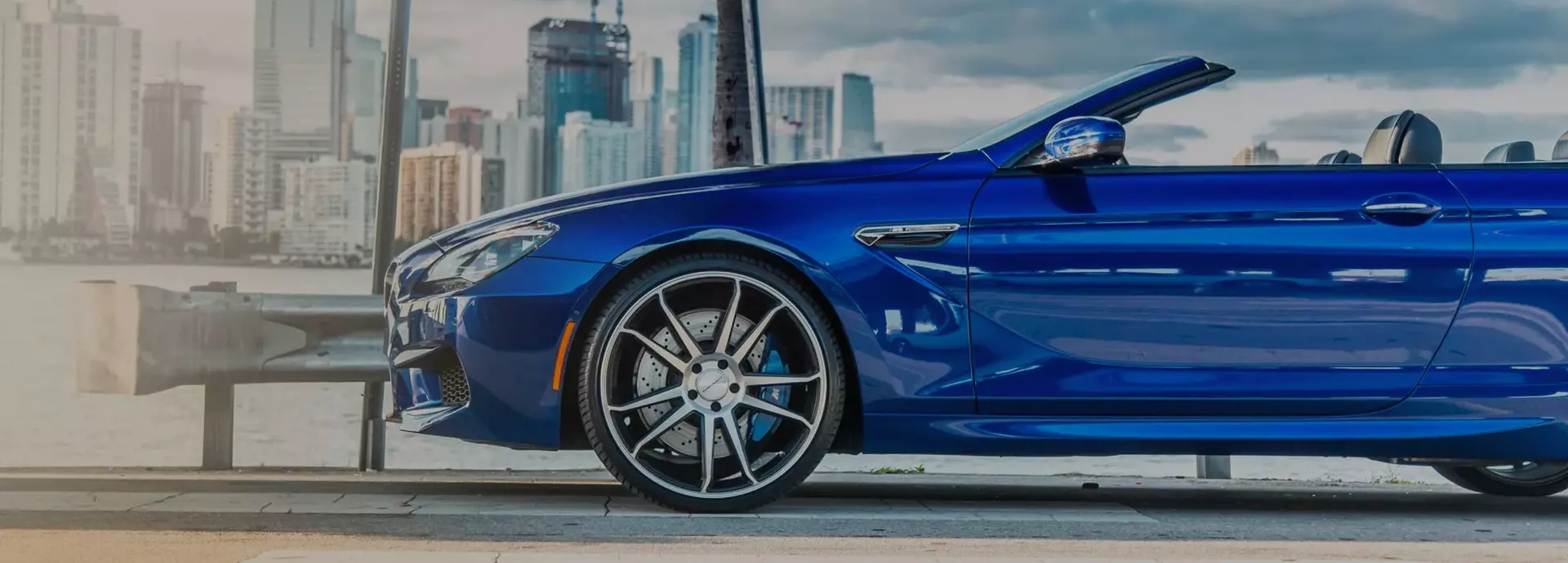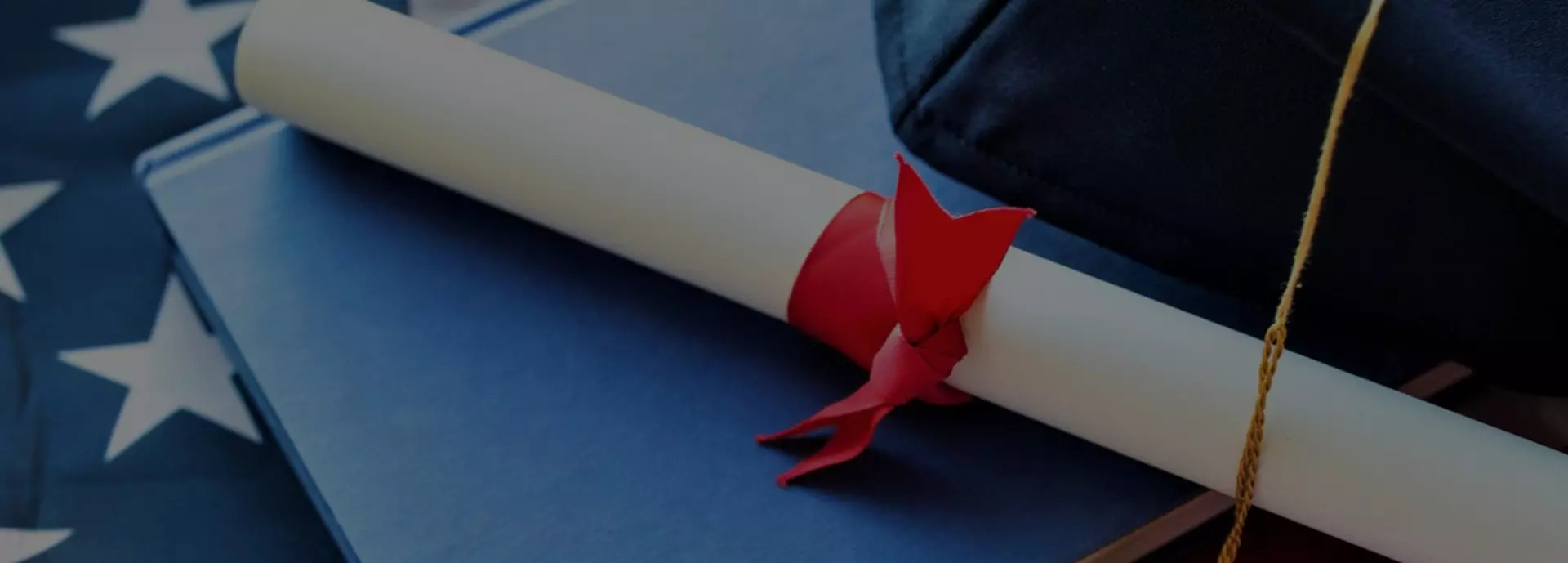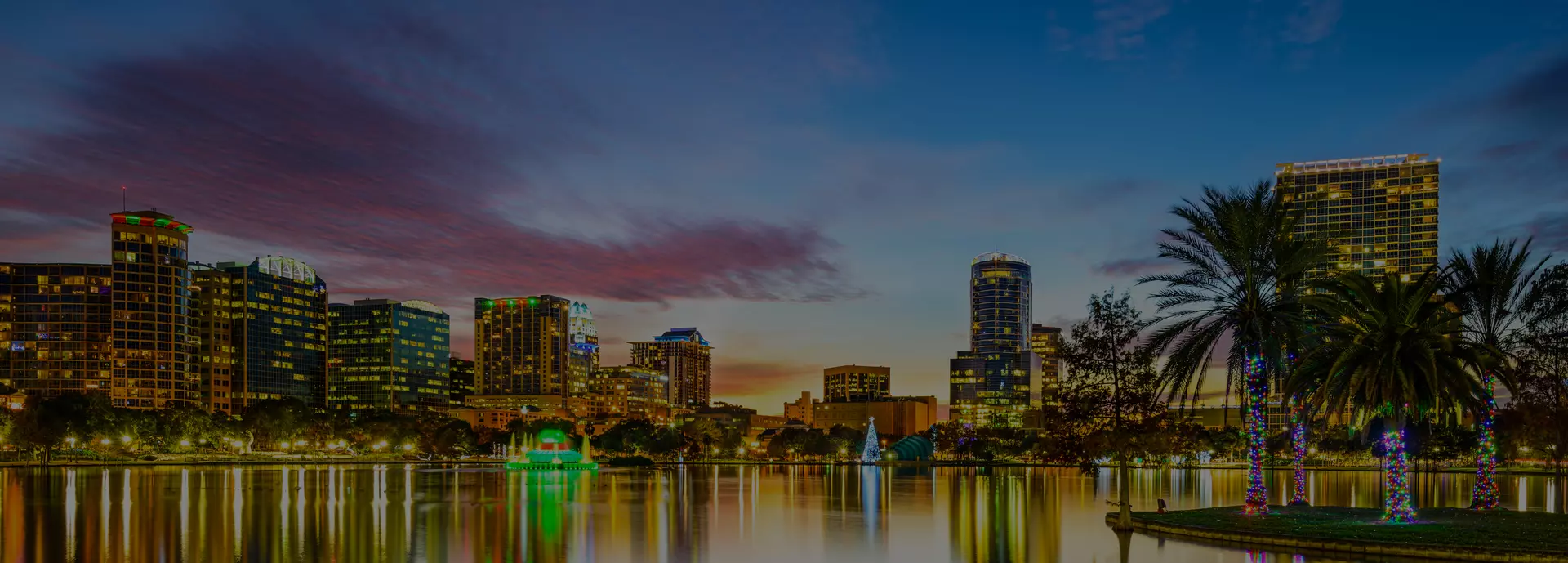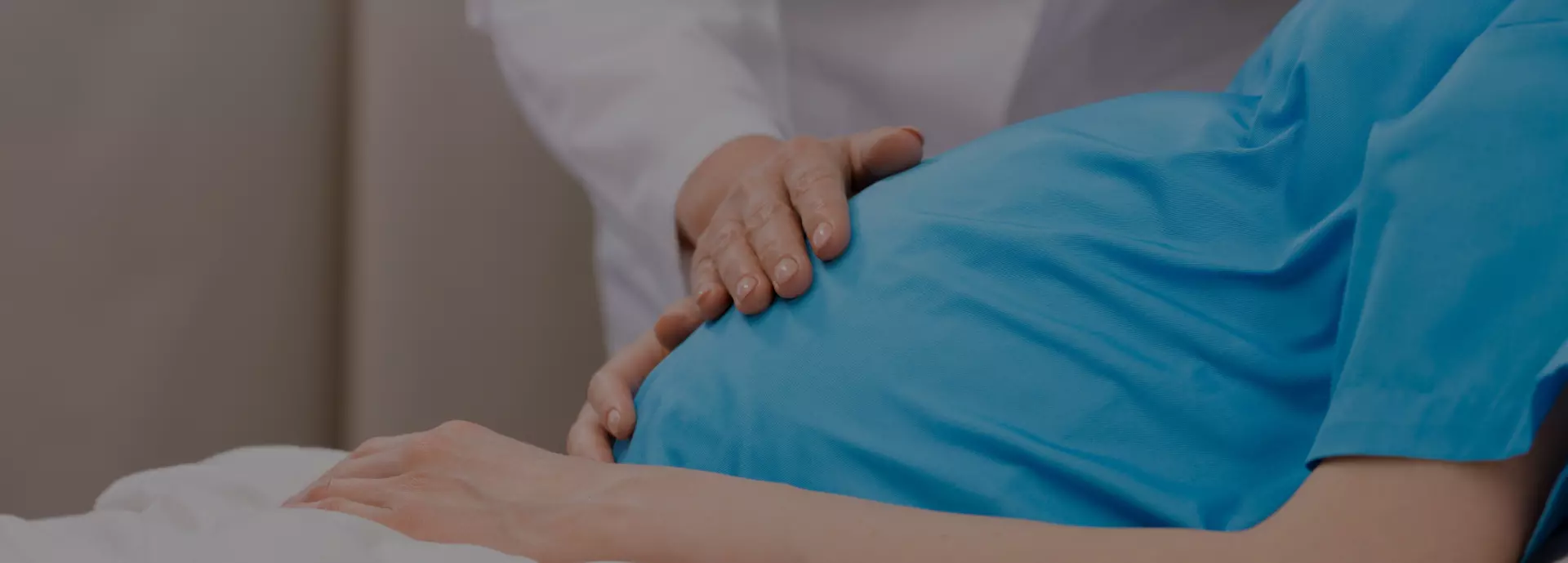Which Visa Do You Need for a Trip to the USA: Types, Features, and Tips
The USA offers a wide range of visas, catering to both short-term visits and long-term stays. In this article, we'll explore the various types of visas to help you better understand the U.S. system and select the most suitable visa for your needs.
Each person has their own story of applying for a visa. Experiences can vary — for some, it was a straightforward process, while others faced unexpected rejections. However, overall, the U.S. visa system is considered fair.
If you want to apply for a visa but are unsure where to start, don't worry. Below, you'll find all the necessary and up-to-date information on this topic.
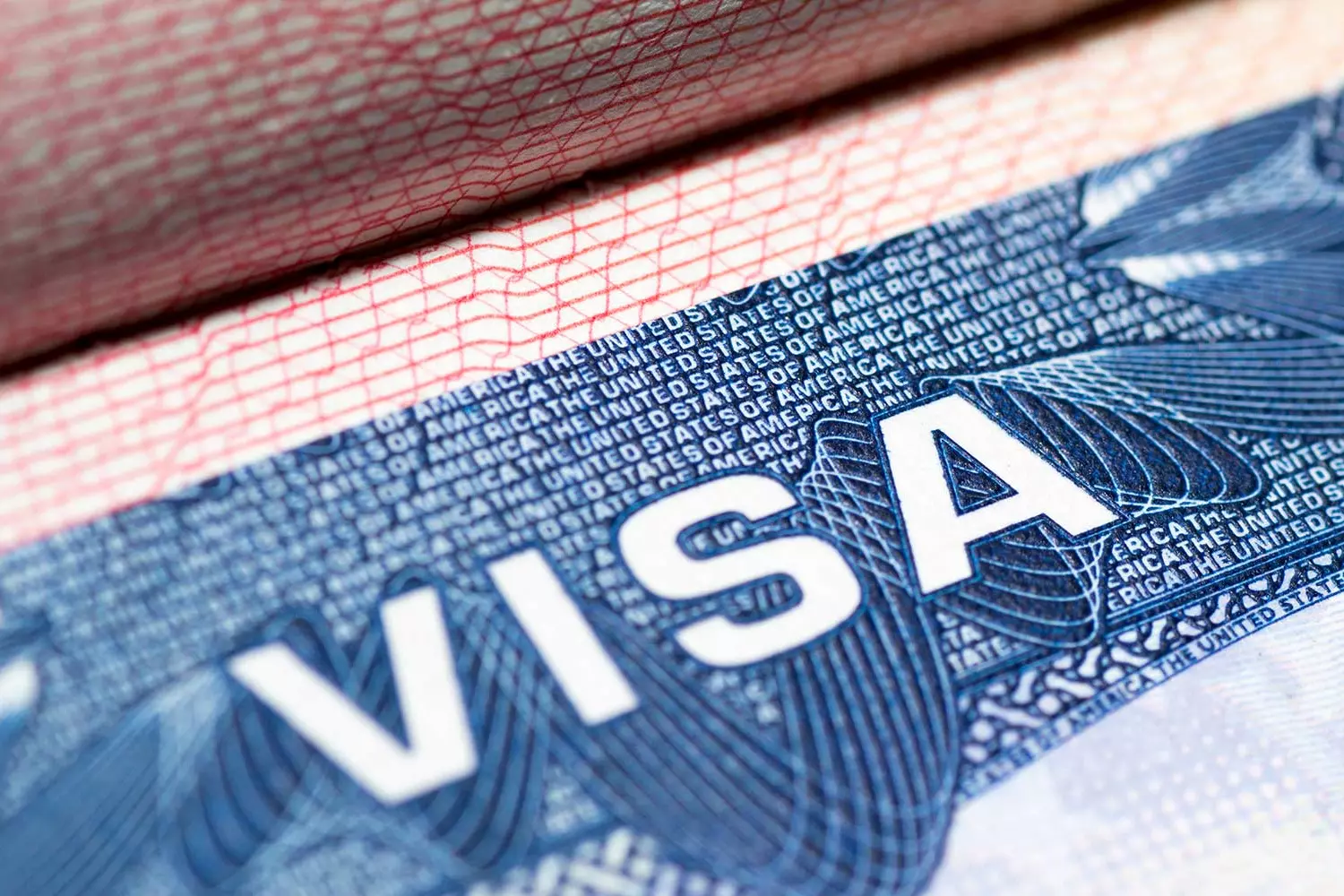
Types of U.S. Visas
Before diving into specifics, it's important to understand that U.S. visas are divided into two main categories:
- Non-immigrant Visas — for those planning a temporary stay in the U.S.
- Immigrant Visas — for those intending to reside permanently in the U.S.
The U.S. attracts visitors for its tourist attractions, medical facilities, business opportunities, and a variety of training and educational programs. Therefore, before traveling, determine the purpose of your visit. Your objective will dictate the type of visa you need to apply for.
For anything other than permanent residency, a non-immigrant visa is required. If you aim to move to the U.S. permanently, an immigrant visa is necessary.
American Butler is happy to provide you with details about the types of visas and the application process.
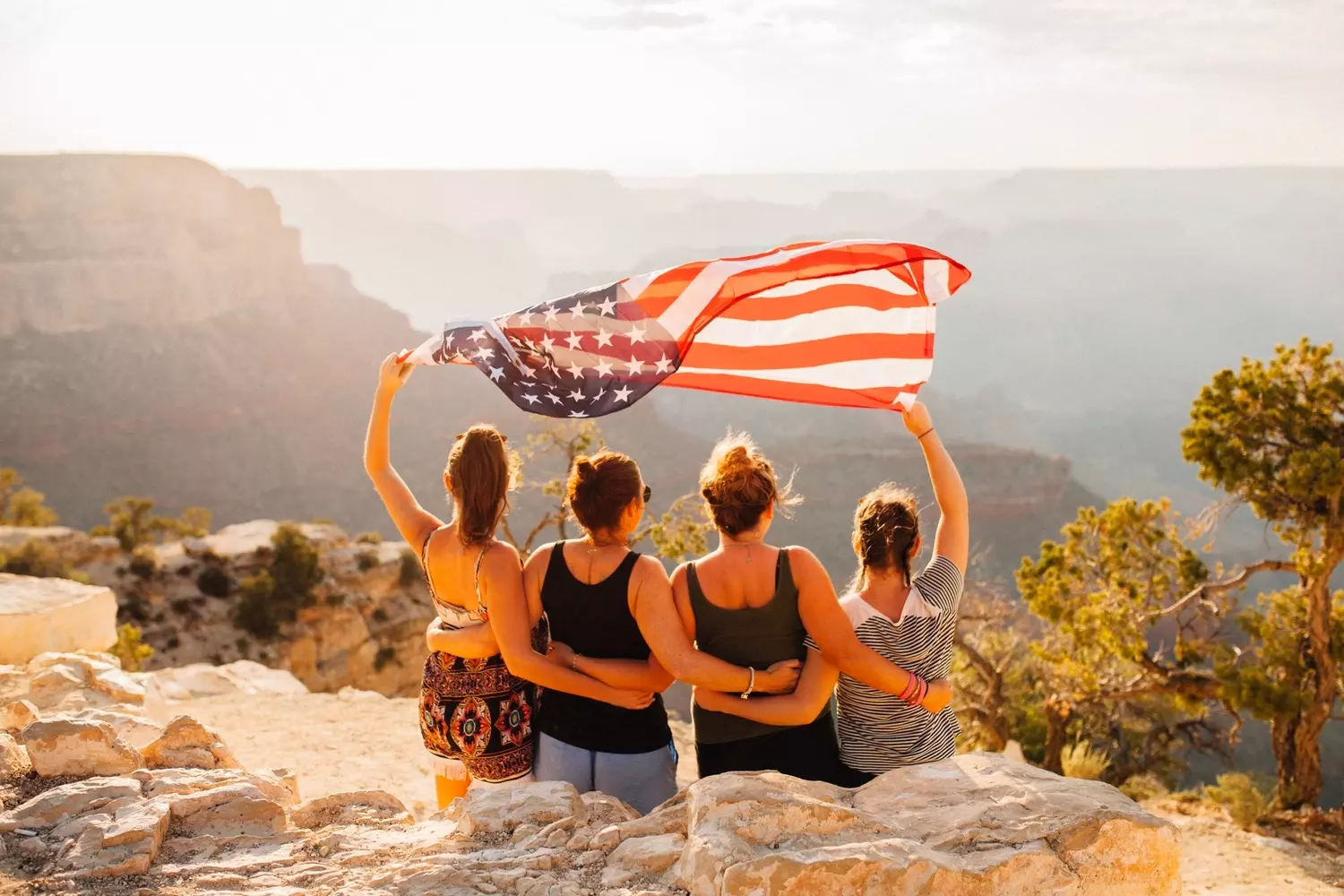
Overview of Non-Immigrant Visas
Non-immigrant visas are for those planning a temporary stay in the U.S. — whether for business, tourism, study, or work. Here are the main types of non-immigrant visas and their requirements:
Business Visa (B-1)
The U.S. is a land of opportunity for bold and creative individuals. If you're looking to expand your business and form new partnerships, a B-1 Visa is essential for:
- 01. Attending conferences.
- 02. Holding business meetings.
- 03. Signing contracts.
- 04. Buying or selling property.
Key Tips:
- Make sure you have supporting documents like invitations to meetings or proof of conference attendance.
- Be prepared to answer questions clearly, without unnecessary details or exaggeration.
Tourist Visa (B-2)
The most popular visa of all. The B-2 Visa is necessary for travel and tourism purposes. Currently, U.S. consulates issue a combined B-1/B-2 Visa, but each requires separate documentation and justification.
You need a B-2 Visa if you:
- 01. Visit relatives or friends.
- 02. Wish to explore U.S. landmarks.
- 03. Attend short lectures not exceeding 18 hours per week.
- 04. Plan to give birth in the U.S.
- 05. Seek medical treatment in America.
Do not hesitate to inform the consulate about seeking medical care in the U.S. Provide medical documentation and proof of financial support for the trip. This should suffice for a visa officer. After discharge from a medical facility, obtain payment confirmation to avoid future entry issues.
Keep in mind that all B-2 applicants are seen as potential immigrants, so you must prove ties to your home country. This may include property, stable employment, or family members who remain at home.
For a successful interview, maintain a friendly demeanor, a courteous smile, and show a travel history.
Student Visa (F-1, M-1)
Planning to study in the U.S.? A student visa might be required to attend top educational institutions.
- F-1 — for university, college, or language courses.
- M-1 — for non-academic or vocational training programs.
The advantage of these visas is that they can be extended to family members (spouse and children under 21), allowing them to stay with you, though they are not permitted to work. Answer questions confidently and truthfully to secure a chance to study at the best universities.
Work Visa (H, L, P, O, Q)
This visa is for temporary work and is usually valid for two years. Applicants must meet specific qualifications and have a U.S. employer sponsor.
Primary Categories:
- H-1B — for professionals in specialized fields.
- L-1 — for intra-company transferees.
- O — for individuals with extraordinary abilities in science, art, or sports.
This is one of the most expensive visas, with a $190 consular fee, compared to $160 for other non-immigrant visas. Employer sponsorship is often necessary.
Exchange Program Visa (J-1)
The J-1 Visa is intended for students, interns, teachers, and experts in science, culture, arts, or education. Its purpose is to facilitate cultural and professional exchanges.
No consular fee is charged if the program is government-funded.
Transit Visa (C-1)
If your destination is not the U.S. but your route passes through it, and you do not have a B-1/B-2 visa, a C-1 Visa is required.
For a transit visa, provide travel tickets and a valid visa for your final destination.
Media Visa (I)
For journalists, cameramen, and other media professionals working in the U.S., an I Visa is needed. Employers must submit a request specifying the employee’s name, role, nature of the task, and duration of the stay.
For personal visits, photographers and videographers can apply for a B-2 Visa, provided they do not intend to profit from their activities in the U.S.
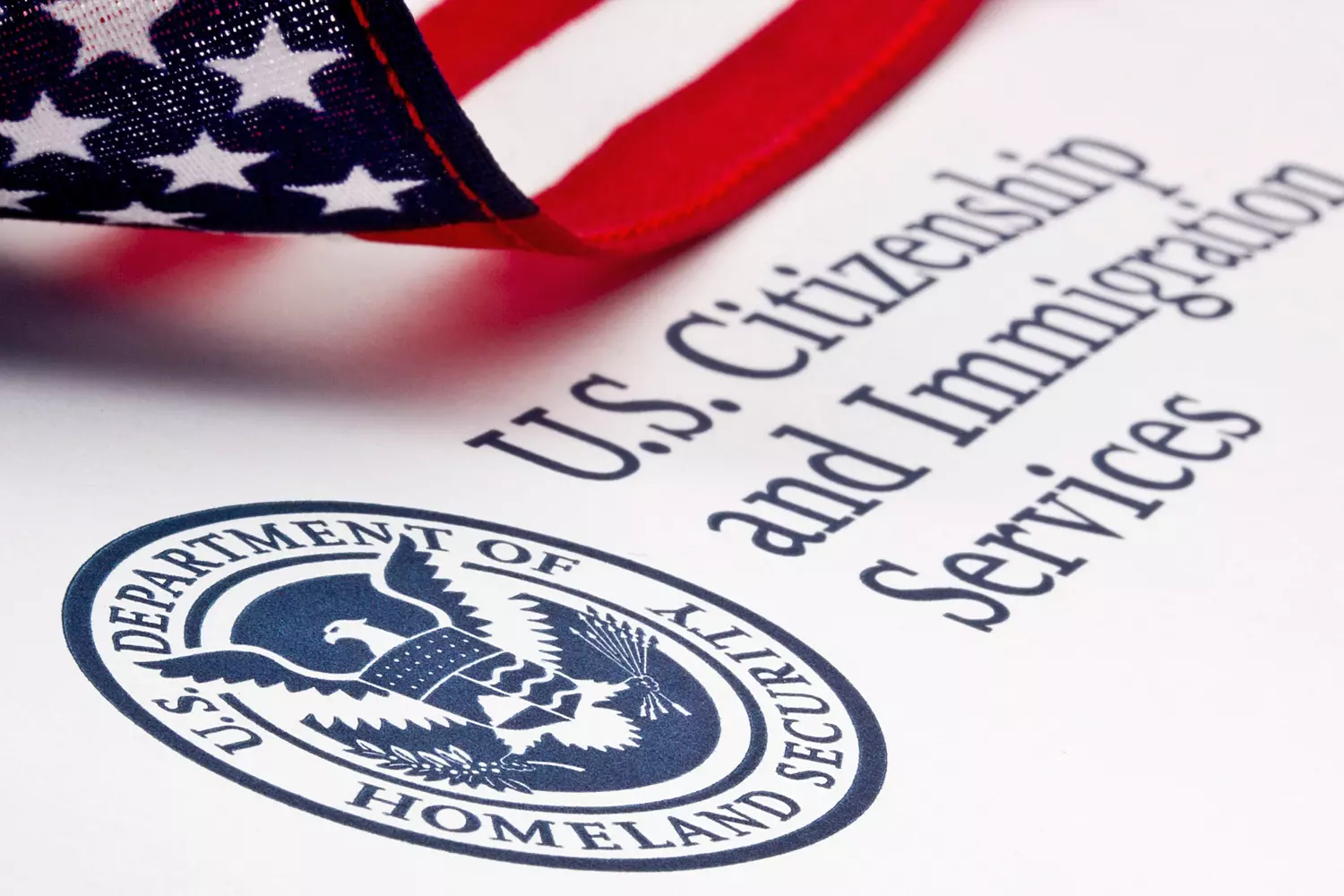
Restrictions When Applying for and Using a Visa
Getting a Visa: What Not to Do
- 01.Submitting Fake Documents
Using forged documents or falsifying information during the visa application process is one of the most severe violations. Visa officers meticulously check all submitted documents, and discovering any fraudulent data will result in an immediate denial and a potential lifetime ban from entering the U.S.- 02.
Providing False Answers to Questions
Honesty is crucial during your interview at the U.S. consulate. Lying or concealing information is a direct path to a visa denial. Even if some questions seem minor, providing false answers can have long-lasting negative effects.What You Can’t Do with a B-1/B-2 Visa
Compliance with U.S. laws is essential for maintaining your visa status. Violating visa rules can lead to temporary or permanent bans on entering the country.
- 01.Enrolling in Education Programs
A B-1/B-2 visa does not grant permission to study in the U.S. If you intend to pursue academic or vocational education, you must obtain a student visa (F-1 or M-1). Failing to do so will breach your visa conditions.- 02.
Working
Engaging in any form of employment is strictly prohibited under a tourist or business visa. Even short-term gigs or freelance jobs can result in visa cancellation and deportation.- 03.
Providing Paid Services
Offering paid consultations, training sessions, or any other services under a B-1/B-2 visa is not allowed. Any commercial activity requires an appropriate work visa.- 04.
Engaging in Journalism
Media-related activities, including reporting, filming, and conducting interviews, require a separate visa. Journalistic work is not permitted under a B-1/B-2 visa.- 05.
Settling Permanently
The B-1/B-2 visa is strictly for temporary stays. Attempting to establish permanent residency in the U.S. with a tourist visa is illegal and a violation of visa terms.By adhering to these guidelines, you protect your current visa status and future opportunities in the U.S. Ensure that your travel plans align with the purpose of your visa to avoid complications.
Immigrant Visas: Moving to the USA
Immigrant visas allow foreign nationals to move to the United States permanently. Unlike non-immigrant visas, which are granted for temporary stays, immigrant visas offer the opportunity to gain lawful permanent resident status (Green Card). Here’s a detailed overview of the main categories of immigrant visas to help you choose the right one based on your situation.
Family-Based Visas
These visas are for relatives of U.S. citizens and lawful permanent residents. Family-based visas are among the most common ways to obtain a Green Card.
- IR-1 and CR-1: These visas allow spouses of U.S. citizens to receive permanent residency status.
- IR-2 and CR-2: These are for children of U.S. citizens under 21 years old who are unmarried.
- F1, F2, F3, F4: These visas cover adult children over 21 and spouses of U.S. citizens.
Tip: Family-based visas require sponsorship from a U.S. citizen or resident, who must prove they can financially support the applicant.
Employment-Based Visas
These visas are designed for skilled professionals, investors, and workers whose expertise is in demand in the U.S. The main employment-based categories include:
- EB-1: For individuals with extraordinary abilities who have made significant achievements in sciences, arts, sports, business, or research. This category also includes outstanding researchers and top-level executives of multinational companies.
- EB-2: For professionals with advanced degrees and exceptional abilities. Requires at least a Master's degree or equivalent professional skills. It also includes the National Interest Waiver (NIW) category for those whose skills benefit the U.S.
- EB-3: For skilled workers and professionals. This category requires specific qualifications or a minimum of two years of professional experience.
- EB-4: For special immigrants, including religious workers, translators, employees of international organizations, and other unique categories.
Refugee and Asylum Visas
The U.S. offers asylum and refugee status to individuals facing persecution in their home countries due to race, religion, nationality, social group membership, or political beliefs.
- Refugees: Applications are made outside the U.S. Refugees can apply for a Green Card after one year of residency in the U.S.
- Asylum Seekers: Applications are made within U.S. territory. Once granted, asylees can apply for a Green Card after one year.
Tip: To qualify for this status, applicants must provide evidence of persecution in their home country.
Diversity Visa Lottery (Green Card Lottery)
The Diversity Visa (DV) program grants up to 50,000 visas annually to individuals from countries with low immigration rates to the U.S. Winners are chosen randomly, but they must still go through the standard visa application process.
- Advantages: No need for a sponsor or employer.
- Restrictions: Participants must have at least a high school education or two years of work experience in a qualified profession.
Tip: The DV program is a random opportunity, but thorough preparation for the interview and proper documentation is essential.
Special Immigrant Categories
Some visas are available for specific groups of individuals:
- T-Visa: For victims of human trafficking.
- U-Visa: For victims of violent crimes.
- IW-Visa: For widows or widowers of U.S. citizens.
Tip: These visas have specialized requirements and procedures. Consulting an immigration attorney can simplify the application process.

Former U.S. First Lady Melania Trump originally came to the United States on an O-category work visa, which is issued to individuals with extraordinary abilities in a specific field.
American ButlerInvestments in the U.S. and Business Visas
If you’re considering investing in the U.S. economy, there are specialized E-category visas available. These non-immigrant visas are intended for citizens of countries that have treaties of commerce and navigation with the United States. The visas are divided into several categories based on the purpose of the visit:
E-1 (Treaty Trader Visa)
A visa for traders engaged in substantial international trade between their home country and the U.S.
Requirements:
- There must be a treaty of commerce between the applicant's country and the U.S.
- At least 50% of the company’s trade should involve the U.S.
- Trade can include goods, services, banking, transportation, and more.
E-2 (Treaty Investor Visa)
For investors who wish to make significant financial contributions to a U.S. business.
Requirements:
- Investments must be substantial and aimed at developing an economically active enterprise.
- The applicant must control the business (own at least 50% of the company).
- Investments should generate a significant economic impact, including creating jobs for U.S. citizens.
E-3 (Australian Specialty Occupation Visa)
Specifically for Australian citizens seeking temporary work in specialized professions in the U.S.
Requirements:
- The applicant must be an Australian citizen.
- The job offer must be in a specialized field requiring a higher education degree or equivalent experience.
- The employer needs to file a petition for the visa.
This is interesting!Who is Uncle Sam and how did the abbreviation US come about
E-4 (Special Immigrant Visa)
This visa applies to certain special categories of immigrants, such as religious workers, translators, international organization employees, and more.
Details:
- This category is more aligned with immigration, falling under broader categories like the EB-4 (immigrant visa).
E-5 (Immigrant Investor Visa)
For foreign investors who aim to obtain a Green Card through investments in the U.S.
Requirements:
- Investments range from $800,000 to $1,050,000 in a new commercial enterprise in the U.S.
- The investment must create at least 10 full-time jobs for U.S. citizens.
- This is an immigrant visa, enabling successful investors to acquire permanent resident status in the U.S.
Key Differences Among E Visas:
- E-1 and E-2 visas are only available to citizens of countries with specific trade or investment treaties with the U.S.
- E-3 is exclusive to Australian citizens.
- E-5 is an immigrant visa, allowing for permanent residence in the U.S., unlike other E-category visas that are temporary.
By understanding the nuances of these visa categories, you can choose the best route that aligns with your investment and business goals in the U.S.

Visa Application Process for the U.S.
The process of obtaining a U.S. visa involves several key steps:
- 01. Determine the Purpose of Your Visit
Identifying the reason for your trip will help you select the appropriate visa category (e.g., tourist, business, student, work). - 02. Gather Necessary Documents
Essential documents include a valid passport, recent photographs, proof of trip purpose, financial stability, relationship verification (for family visas), or job offer letters. - 03. Complete the DS-160 Form (DS-260 for Immigrant Visas)
Ensure all information provided is accurate and truthful, as this form is crucial for your application. - 04. Pay the Visa Application Fee
The fee varies depending on the type of visa you are applying for. - 05. Undergo a Medical Examination
Certain visa categories require a medical check-up at approved medical facilities. - 06. Attend an Interview at the U.S. Embassy or Consulate
Prepare for questions about your travel purpose, background, and plans in the U.S.

Explore the Wonders of the USA!
The United States is filled with fascinating destinations and diverse landscapes. The wealth of interesting places is so vast that American Butler is constantly discovering and sharing new ones. Don’t limit yourself — allow yourself to explore the vast beauty and uniqueness of this country. Although American Butler does not issue visas or facilitate the visa application process, we are committed to ensuring your comfort during your travels across America.
American Butler — Your Partner in Unveiling New Horizons in the U.S. Contact us for detailed consultations and professional support!
Categories
- 02.
Leave your contact details
Request a call back
Rules
All content, design, graphics, logos and other elements of the site are protected by copyright laws and are the property of the site owner. It is prohibited to copy, reproduce, distribute or use in any other way without the written permission of the site owner. Violators will be prosecuted in accordance with the law.
Leave a review about our work
- 02.














